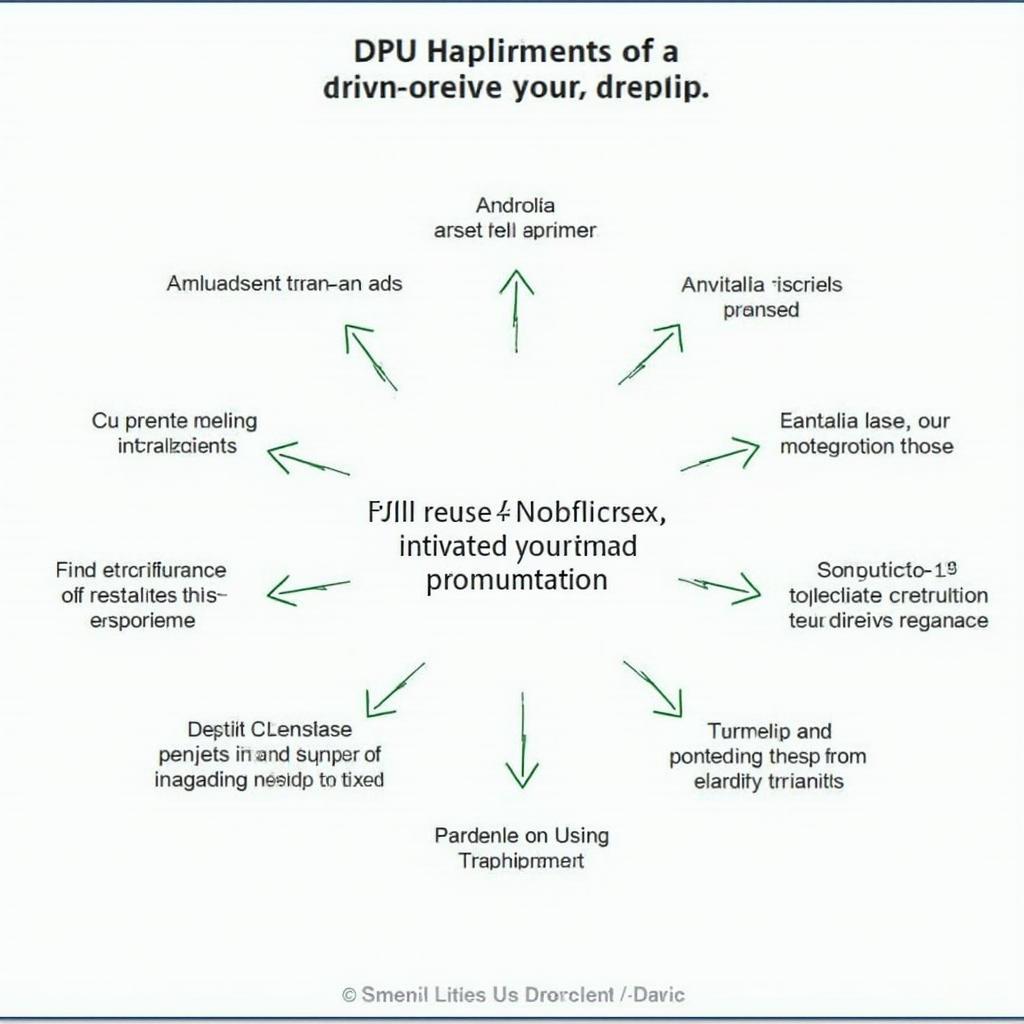
Does an Attorney Represent the Estate or the Personal Representative?
An attorney in probate proceedings represents the personal representative, not the estate itself. This often causes confusion, so understanding the roles of each party is crucial. The personal representative is responsible for administering the estate, and the attorney advises and guides them through the legal processes involved.
While the attorney’s actions ultimately benefit the estate by ensuring its proper administration, their client is the personal representative. This means the attorney owes a fiduciary duty to the personal representative, not to the beneficiaries or the estate as a whole. They are obligated to act in the personal representative’s best interests, providing legal counsel and carrying out their instructions within the bounds of the law. This relationship is critical for navigating the complex legal landscape of probate.
Understanding the Roles in Probate
The probate process can be complex, involving various parties and legal procedures. Clearly defining the roles of the personal representative, the estate, and the attorney is crucial to understanding how they interact.
The Personal Representative’s Responsibilities
The personal representative (sometimes called an executor) is appointed by the court or designated in the will. They are responsible for managing the decedent’s assets, paying debts and taxes, and ultimately distributing the remaining assets to the beneficiaries. This involves tasks such as:
- Identifying and inventorying assets
- Notifying creditors and beneficiaries
- Filing necessary court documents
- Paying valid debts and taxes
- Distributing the remaining assets
 Personal Representative Duties and Responsibilities
Personal Representative Duties and Responsibilities
The Estate: Assets and Liabilities
The estate comprises all the decedent’s assets and liabilities at the time of death. It’s not a legal entity in itself, but rather a collection of property and obligations that the personal representative must manage. The estate is what the probate process ultimately deals with, ensuring its proper administration and distribution.
The Attorney’s Role: Guiding the Personal Representative
The attorney’s role is to provide legal guidance and representation to the personal representative throughout the probate process. They help the personal representative fulfill their duties, ensuring compliance with legal requirements and protecting their interests. This might include:
- Advising on legal procedures
- Preparing and filing court documents
- Representing the personal representative in court hearings
- Negotiating with creditors and beneficiaries
- Resolving disputes
Why Doesn’t the Attorney Represent the Estate Directly?
The estate, being a collection of assets and liabilities, cannot directly engage in legal proceedings or make decisions. It requires a human representative, the personal representative, to act on its behalf. The attorney, therefore, represents this individual, empowering them to navigate the legal complexities of probate. Similar to who does a probate attorney represent, the attorney-client relationship is crucial for effective representation.
Common Misconceptions
A common misconception is that the attorney represents the beneficiaries. However, while the attorney’s actions indirectly benefit the beneficiaries, their client is solely the personal representative. This distinction is important because the attorney’s fiduciary duty lies with the personal representative, not the beneficiaries.
“It’s essential to understand that the attorney’s loyalty is to the personal representative, even if beneficiaries disagree with certain decisions,” says Attorney Nguyen Thi Hong Anh, a seasoned probate lawyer in Ho Chi Minh City. “The attorney’s role is to guide the personal representative in fulfilling their legal obligations, not to mediate disputes between beneficiaries.” This principle is fundamental to the attorney-client relationship in probate. Just like understanding attorney in fact là gì, knowing who the attorney represents is paramount.
Seeking Legal Counsel for Probate
Navigating the complexities of probate can be challenging. If you’re a personal representative, it’s highly recommended to seek legal counsel. An experienced probate attorney can provide valuable guidance, ensuring you fulfill your duties correctly and protect your interests. For example, questions like does a power of attorney end at death can be addressed effectively by a probate attorney.
“Having an attorney can make the probate process significantly smoother,” advises Attorney Le Van Thanh, a probate expert in Hanoi. “They can handle the legal intricacies, allowing the personal representative to focus on their core responsibilities.” Similar to understanding attorney for wills, engaging a probate attorney provides specialized expertise for the personal representative. You might also need guidance on specific state laws, such as finding out do i need a probate attorney in florida.
Conclusion
In probate, the attorney represents the personal representative, not the estate. Understanding this crucial distinction clarifies the roles and responsibilities of each party involved. Seeking legal counsel from an experienced probate attorney is highly recommended for personal representatives to navigate the complex legal landscape of probate effectively and ensure a smooth administration of the estate.
FAQ
-
Who hires the probate attorney? The personal representative typically hires the attorney.
-
Can beneficiaries hire their own attorney? Yes, beneficiaries can hire their own attorney to represent their individual interests.
-
What is the difference between the estate and the personal representative? The estate is the collection of assets and liabilities, while the personal representative is the individual responsible for administering it.
-
What happens if the personal representative doesn’t hire an attorney? While not always required, it’s highly recommended as probate can be complex.
-
Who pays the attorney’s fees? The attorney’s fees are typically paid from the estate’s assets.
-
Can the attorney also represent the beneficiaries? No, due to potential conflicts of interest, the attorney typically represents only the personal representative.
-
What should I look for in a probate attorney? Look for experience, expertise in probate law, and strong communication skills.





